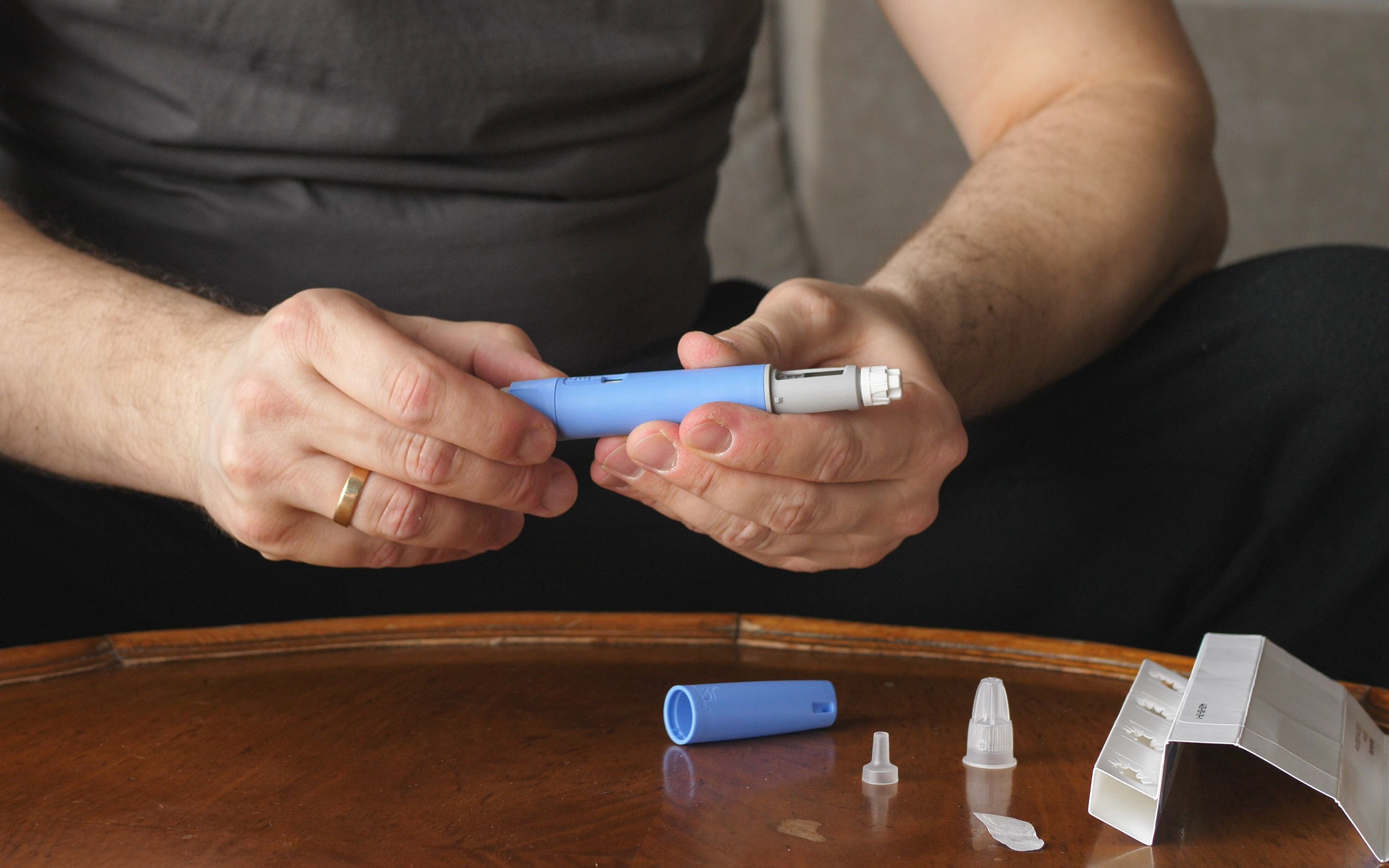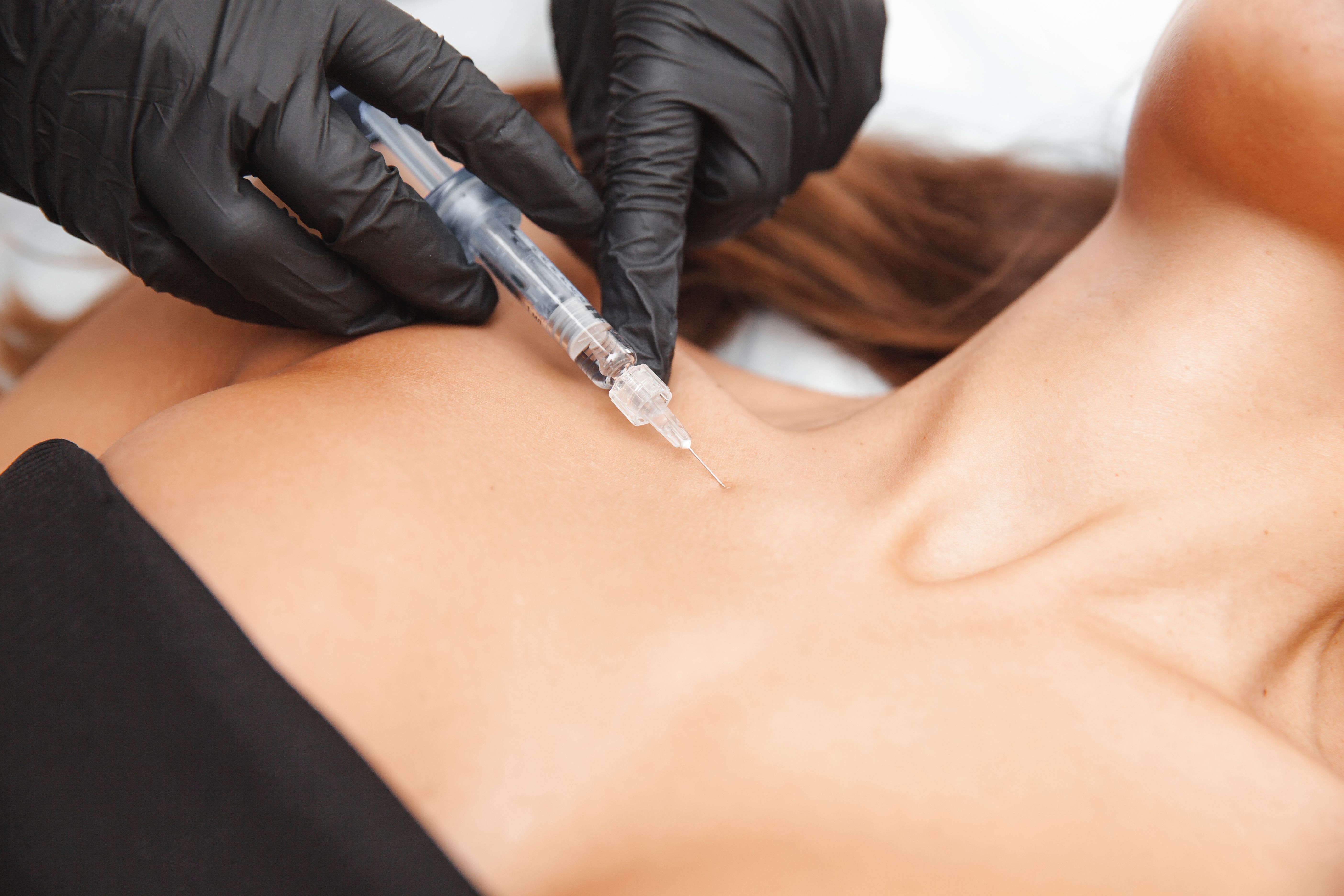- Case-Based Roundtable
- General Dermatology
- Eczema
- Chronic Hand Eczema
- Alopecia
- Aesthetics
- Vitiligo
- COVID-19
- Actinic Keratosis
- Precision Medicine and Biologics
- Rare Disease
- Wound Care
- Rosacea
- Psoriasis
- Psoriatic Arthritis
- Atopic Dermatitis
- Melasma
- NP and PA
- Skin Cancer
- Hidradenitis Suppurativa
- Drug Watch
- Pigmentary Disorders
- Acne
- Pediatric Dermatology
- Practice Management
- Prurigo Nodularis
- Buy-and-Bill
Article
Prohibited product ingredients at a glance
Food and Drug Administration regulations specifically prohibit or restrict use of certain ingredients in cosmetics.
Regulations specifically prohibit or restrict use of these ingredients in cosmetics, according to the Food and Drug Administration:
- Bithionol. May cause photocontact sensitization.
- Chlorofluorocarbon propellants. Used in cosmetic aerosol products and prohibited.
- Chloroform. Prohibited in cosmetic products because of animal carcinogenicity and for being a likely hazard to human health.
- Halogenated salicylanilides (di-, tri-, metabromsalan and tetrachlorosalicylanilide). Also might cause photocontact sensitization.
- Methylene chloride. Prohibited for animal carcinogenicity and as a likely hazard to human health.
- Vinyl chloride. A carcinogen prohibited as an ingredient of aerosol products.
- Zirconium-containing complexes. In aerosol cosmetic products, these are prohibited because of their toxic effect on lungs.
- Prohibited cattle materials. To protect against mad cow disease.
More articles in our package on OTC product ingredients:
Inactive but controversial OTC product ingredients
The evidence around nanotechnology
Resources for physicians and patients
Talking about preservatives with patients





